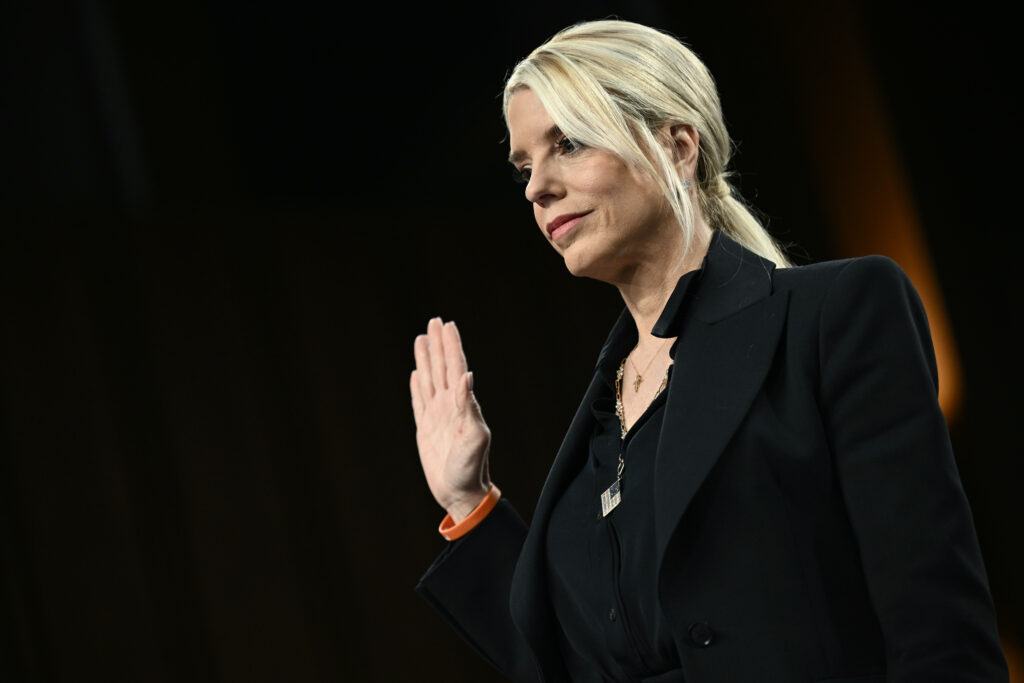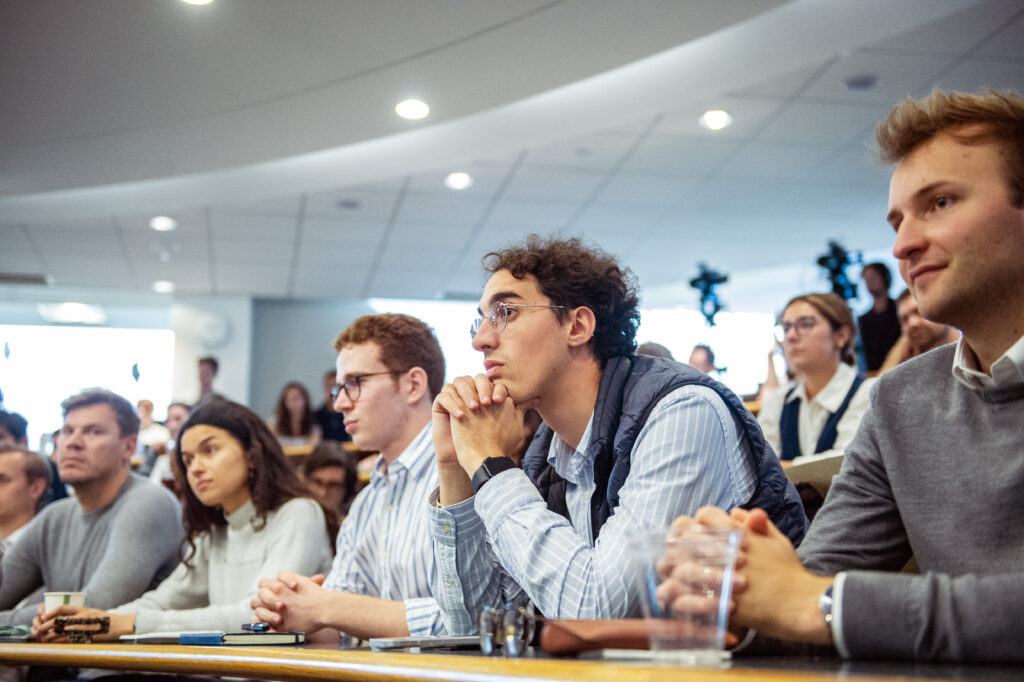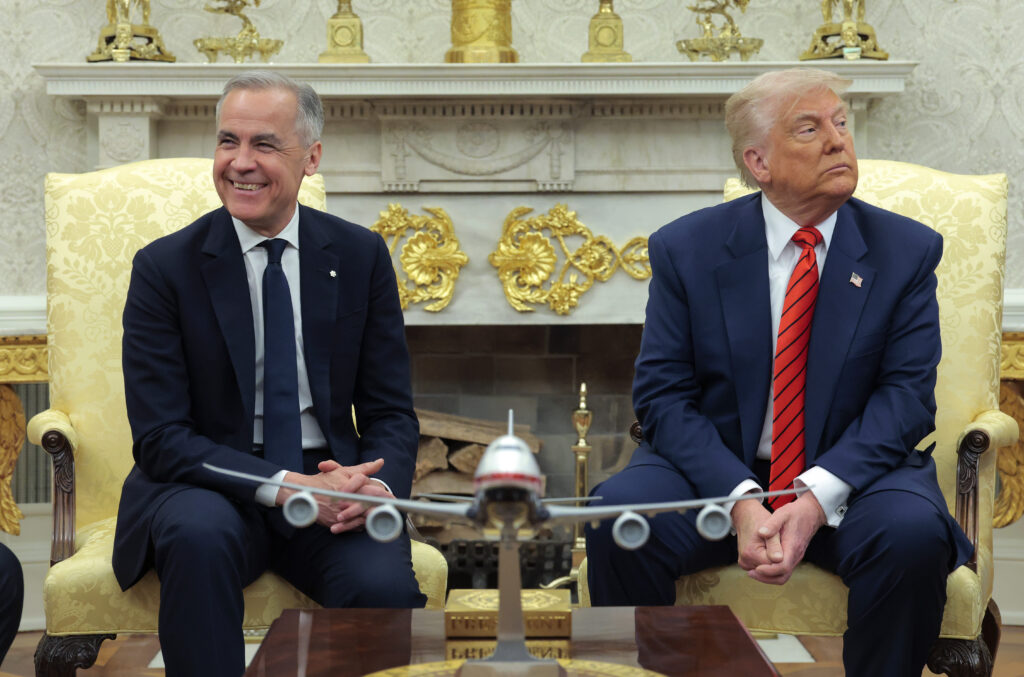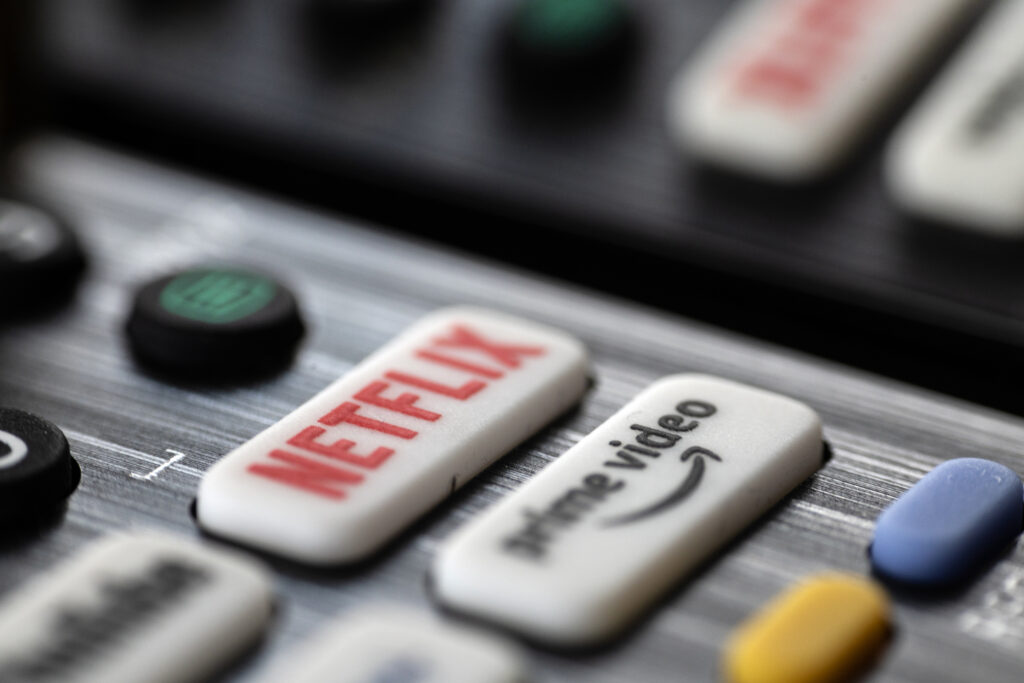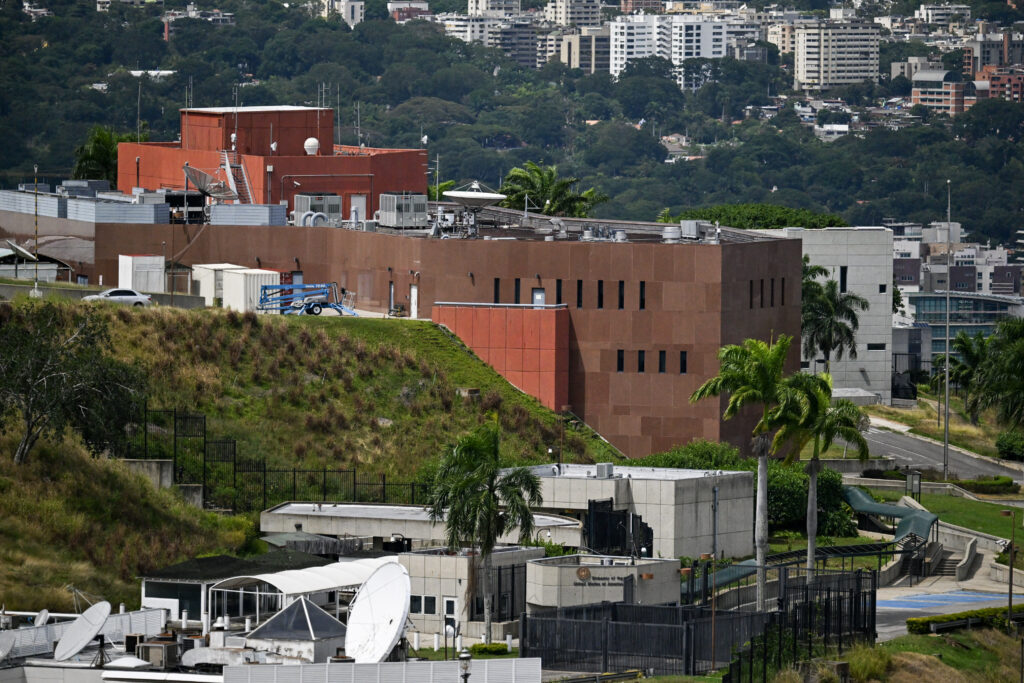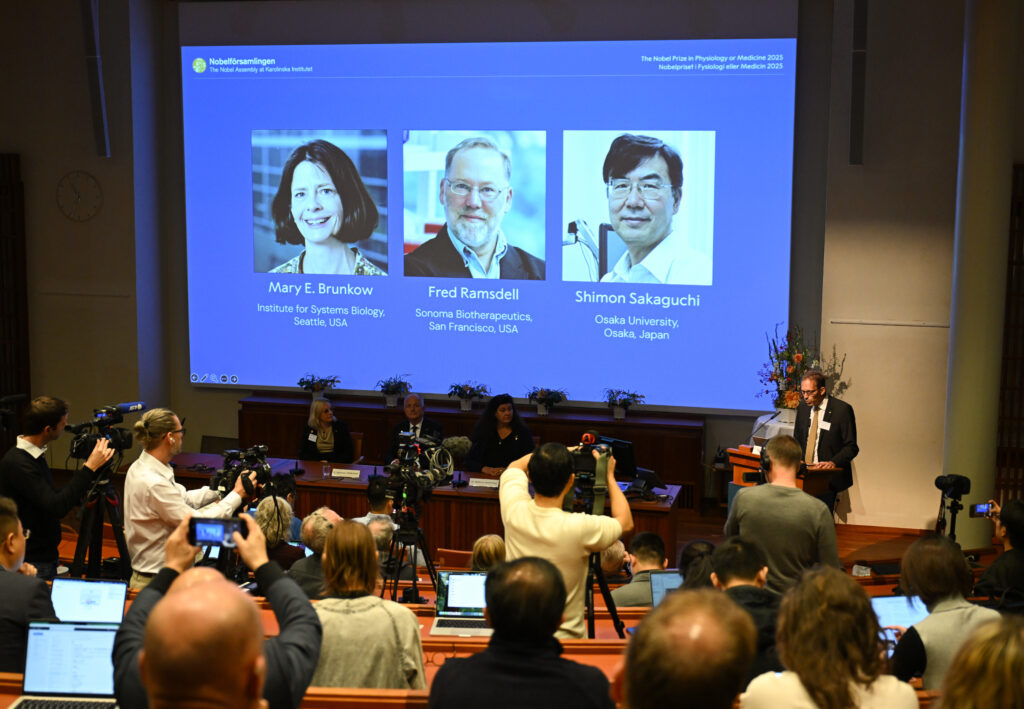Senators accuse US attorney general of politicizing justice
US Attorney General Pam Bondi faced fiery questioning Tuesday from senators who accuse her of transforming the Justice Department into a tool of President Donald Trump’s efforts to target his perceived enemies.Bondi has courted huge controversy since taking over as the nation’s top law enforcement official, amid criticism that she has failed to maintain the guardrails keeping the department separate from the White House. “President (Joe) Biden never directed the attorney general to prosecute his political opponents… What has taken place since January 20, 2025 would make even President Nixon recoil,” Dick Durbin, the top Democrat on the Senate Judiciary Committee, told her in a blistering opening speech.He said the Justice Department under Bondi had “become a shield for the president and his political allies when they engage in misconduct.” Trump warned repeatedly during the 2024 election campaign that he would go after his political foes, and appeared to berate Bondi in a recent social media post, dressing down someone he referred to as “Pam” over the lack of action. Shortly after, federal prosecutors sent shockwaves through Washington by indicting former FBI director James Comey, who led a probe into Russian interference in the 2016 presidential election.Comey is due in court on Wednesday, accused of lying to Congress in a case many legal experts say looks specious. The launch of investigations into US Senator Adam Schiff, former national security advisor John Bolton and New York Attorney General Letitia James — all of whom have publicly opposed Trump — have added to the controversy.All three were named in Trump’s post apparently upbraiding Bondi.Senator Chris Coons, a Democrat from Delaware, said he was “gravely concerned” that Trump’s post “urging you to go after and to indict and to prosecute specific, named people (seems) to have led to dramatic and sudden action by the department.”Senators also pressed Bondi on the legal basis for Trump’s use of federal troops in cities he says are rife with crime, a crackdown critics say is unconstitutional.Trump has focused on Los Angeles, Washington, Chicago, Memphis and Portland — all of which have Democratic leaders.- ‘Weaponization’ -Bondi offered a defiant defense of her record, telling senators that she was working to reinstate public faith undermined by the weaponization of her department under the previous administration.”We are returning to our core mission of fighting real crime. While there is more work to do, I believe in eight short months, we have made tremendous progress towards those ends,” she said.Before his election wiped away his own legal woes, Trump was facing multiple indictments for allegedly hoarding classified government documents and leading a criminal conspiracy to overturn the 2020 election result. Republicans say the Justice Department under Biden — which led two of the indictments — has more questions to answer over weaponization than Bondi’s team.On the eve of the hearing, Senate Judiciary Chairman Chuck Grassley published FBI documents showing that Special Counsel Jack Smith secretly gathered phone records on the contacts of eight Republican senators while investigating Trump. “That’s what we’ve been talking about when we refer to the weaponization of government… we are ending this weaponization,” Bondi said when Grassley brought up the issue. Bondi also faced heat on her handling of the files relating to the federal investigation into notorious sex offender Jeffrey Epstein. House Democrats — supported by a handful of Republicans — have been pressing for the release of the entire case file, after Bondi announced that the case was closed and that she had no new information to offer.
